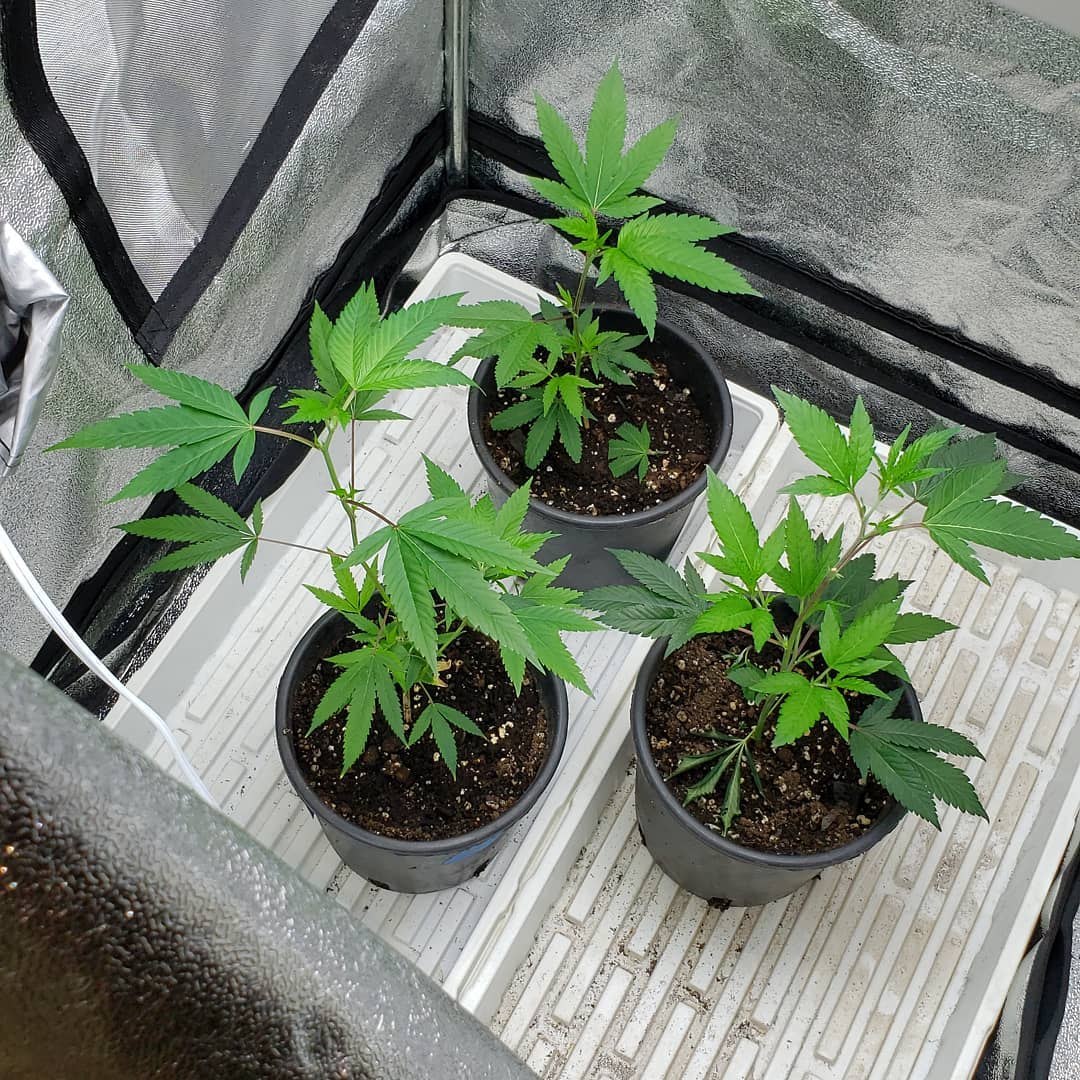Cannabis legalization is a multifaceted issue encompassing various aspects such as prescription cannabis, recreational cannabis, home cultivation, and decriminalization. Each of these areas has unique concerns and advocates, making it crucial for campaigners to stay in their separate lanes. By focusing on their specific objectives, campaigners can more effectively address the needs and priorities of their target audiences, ensuring a comprehensive and balanced approach to cannabis legalization.
Differentiation of Cannabis Campaigns
Prescription Cannabis
Prescription cannabis is used for medical purposes and prescribed by healthcare professionals to treat various conditions such as chronic pain, epilepsy, and multiple sclerosis. Patients who rely on prescription cannabis often have different needs and priorities compared to those advocating for recreational use. It is essential for campaigners in this lane to focus on:
– Ensuring accessibility and affordability for patients.
– Advocating for the inclusion of cannabis in health on the NHS, Insurance Plans
– Promoting Clinical Trials, research and development to better understand the medicinal benefits and potential risks.
– Educating healthcare providers on the therapeutic use of cannabis.

Recreational Cannabis
Recreational cannabis is used for personal enjoyment rather than medical reasons. Campaigners advocating for recreational cannabis legalization focus on:
– Promoting the responsible use of cannabis.
– Ensuring safe and regulated access to cannabis products.
– Educating the public about the effects and potential risks of recreational cannabis use.
– Addressing social justice issues related to cannabis prohibition, such as the disproportionate impact on marginalized communities.

Grow Your Own Cannabis
The “grow your own” movement advocates for the right to cultivate cannabis plants for personal use. This campaign focuses on:
– Ensuring individuals have the legal right to grow a limited number of cannabis plants.
– Providing education and resources on safe and sustainable cultivation practices.
– Highlighting the benefits of home cultivation, such as cost savings and self-sufficiency.
– Advocating for clear regulations to prevent illegal distribution while protecting personal cultivation rights.

Decriminalization of Cannabis
Decriminalization aims to remove criminal penalties for the possession and use of small amounts of cannabis. Campaigners in this area emphasize:
– Reducing the burden on the criminal justice system.
– Addressing the social and economic impacts of criminal records for minor cannabis offenses.
– Promoting harm reduction strategies and public health approaches.
– Educating the public about the benefits of decriminalization and the distinction from full legalization.

Data Supporting Free Prescription Cannabis for Patients
Studies and data consistently show that many patients who rely on prescription cannabis face financial barriers to access. A survey conducted by the Canadian Consortium for the Investigation of Cannabinoids revealed that over 50% of patients reported difficulties affording their prescription cannabis. In the UK, a report by the Centre for Medicinal Cannabis found that only 15% of patients who could benefit from prescription cannabis have access through the National Health Service (NHS), primarily due to cost issues.
Ensuring free access to prescription cannabis for patients is not only a matter of compassion but also of public health. When patients can access their medication without financial strain, it leads to better health outcomes and reduces the overall cost burden on the healthcare system by preventing complications and hospitalizations associated with untreated conditions.
Conclusion
The cannabis legalization movement is diverse, with each lane addressing distinct aspects of cannabis use and regulation. By staying in their separate lanes, campaigners can more effectively advocate for their specific causes, whether it’s ensuring access to prescription cannabis, promoting safe recreational use, protecting the right to home cultivation, or pushing for decriminalization. Each of these efforts is essential in creating a balanced and equitable approach to cannabis policy.
Campaigners must work collaboratively but maintain their focus on their unique objectives to ensure that all aspects of cannabis legalization are addressed and that the needs of different communities are met. This approach not only strengthens each campaign but also contributes to a more comprehensive and inclusive cannabis legalization movement.







